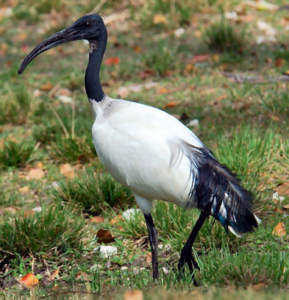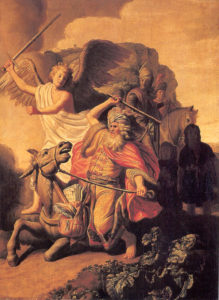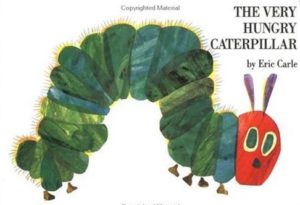 The Douay-Rheims Translation of the Bible lists the bird Ibis in two places – Leviticus 11:17 and Isaiah 34:11.
The Douay-Rheims Translation of the Bible lists the bird Ibis in two places – Leviticus 11:17 and Isaiah 34:11.
In the first instance, it is mentioned as one of the birds that is deemed ceremonially unclean which needs to be avoided (detested) by God’s chosen people. In the second instance, it is mentioned as one of the birds that inhabits the wasteland. I believe, the Bible is in no way, discriminatory against certain animals or birds and the Ibis deserves no defamation as may seem on literal review, there are metaphorical revelations that needs further scrutiny.
Anything that is ceremonially unclean (and all sin is) must be avoided (detested) by God’s people (you and me).
Anything that will make us dwell on things that will waste our time, must be identified and avoided as well. The adage, “An idle mind is the devil’s workshop” is true and that is why the Bible counsels us to set our minds on noble things, on things above. (Colossians 3:2; Philippians 4:8)
Point(s) to ponder:
- What are the things in our lives that are ceremonially unclean; let us identify them and avoid (detest) them.
- What are the things in our lives that drawn us away from things that matter, things of God, and that which makes us waste our time away; let us identify them and act on setting our priorities right.
Colossians 3:2 (NIV)
2 Set your minds on things above, not on earthly (wasteful) things.
Philippians 4:8 (KJV)
8 Finally, brethren, whatsoever things are true, whatsoever things are honest, whatsoever things are just, whatsoever things are pure, whatsoever things are lovely, whatsoever things are of good report; if there be any virtue, and if there be any praise, think on these things.









